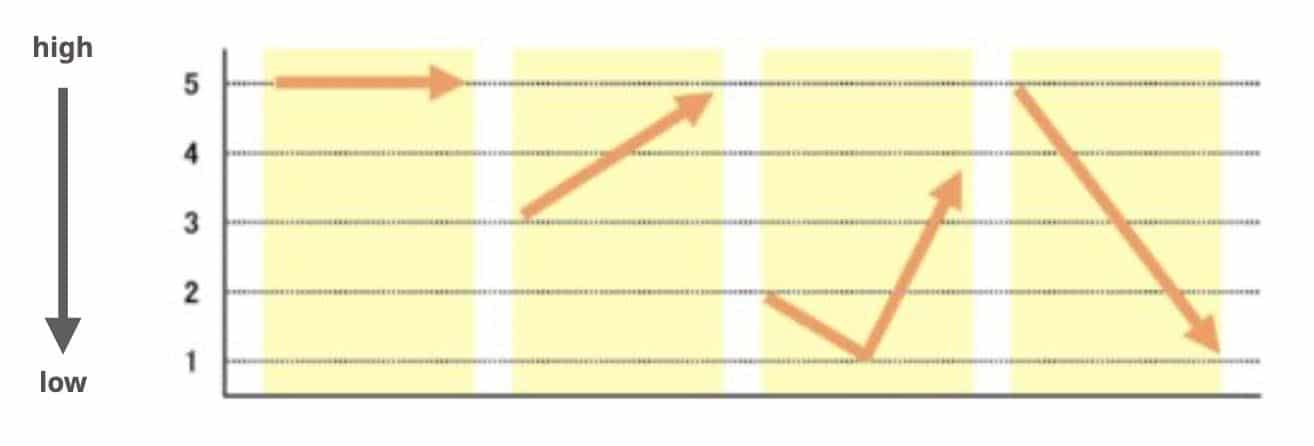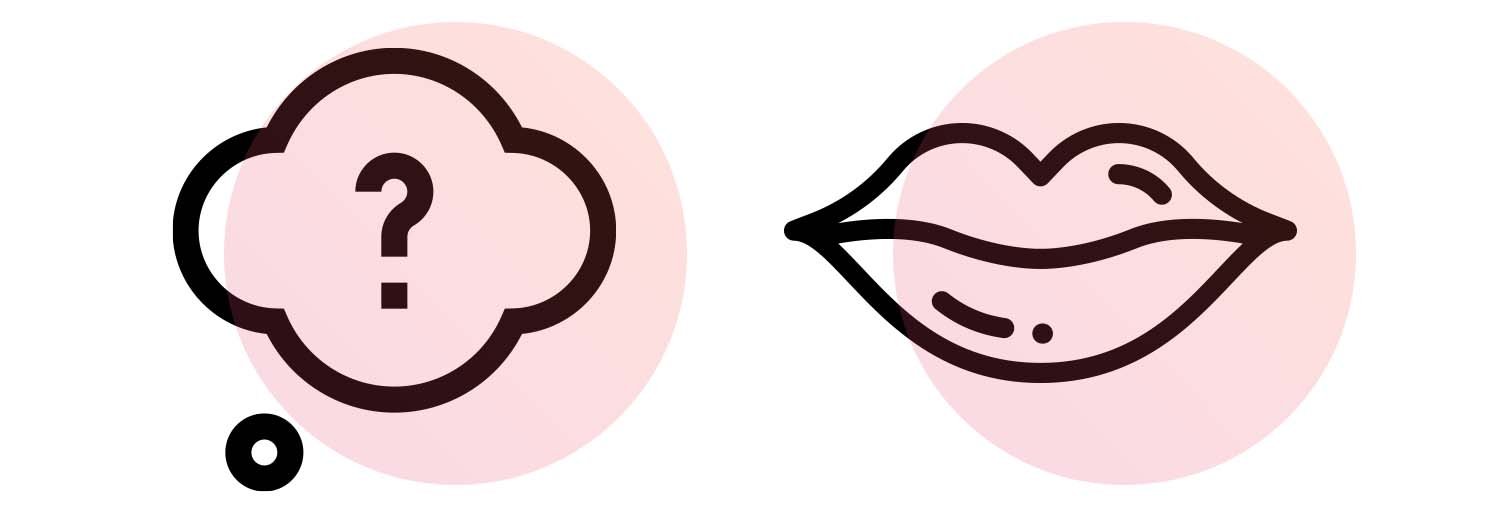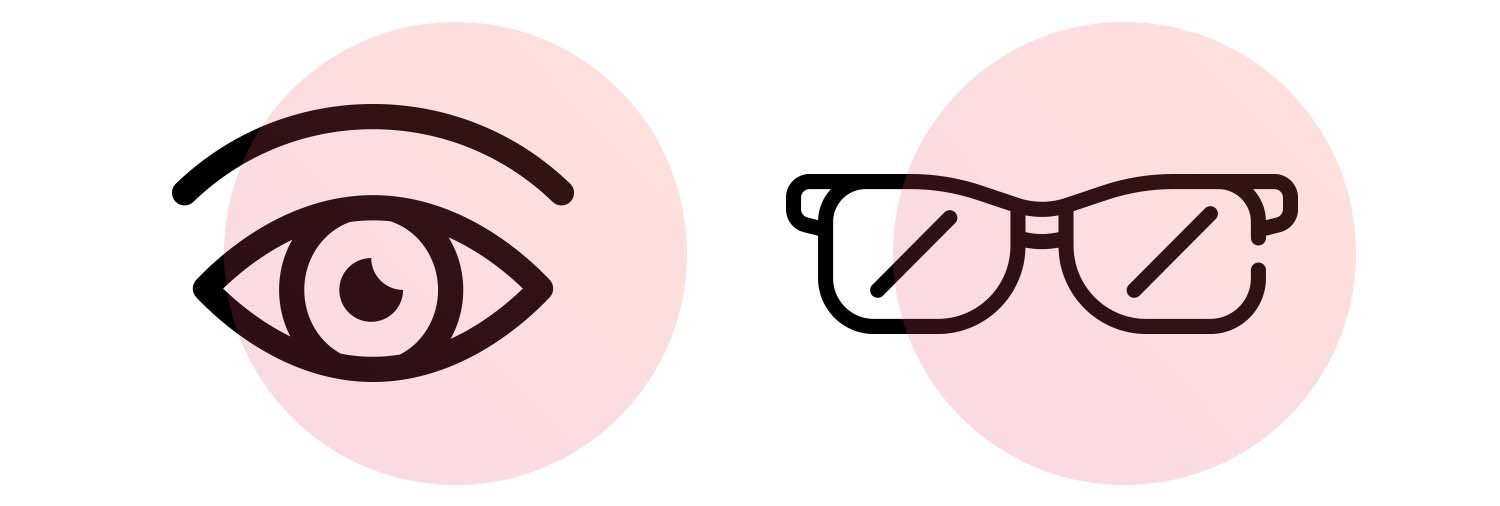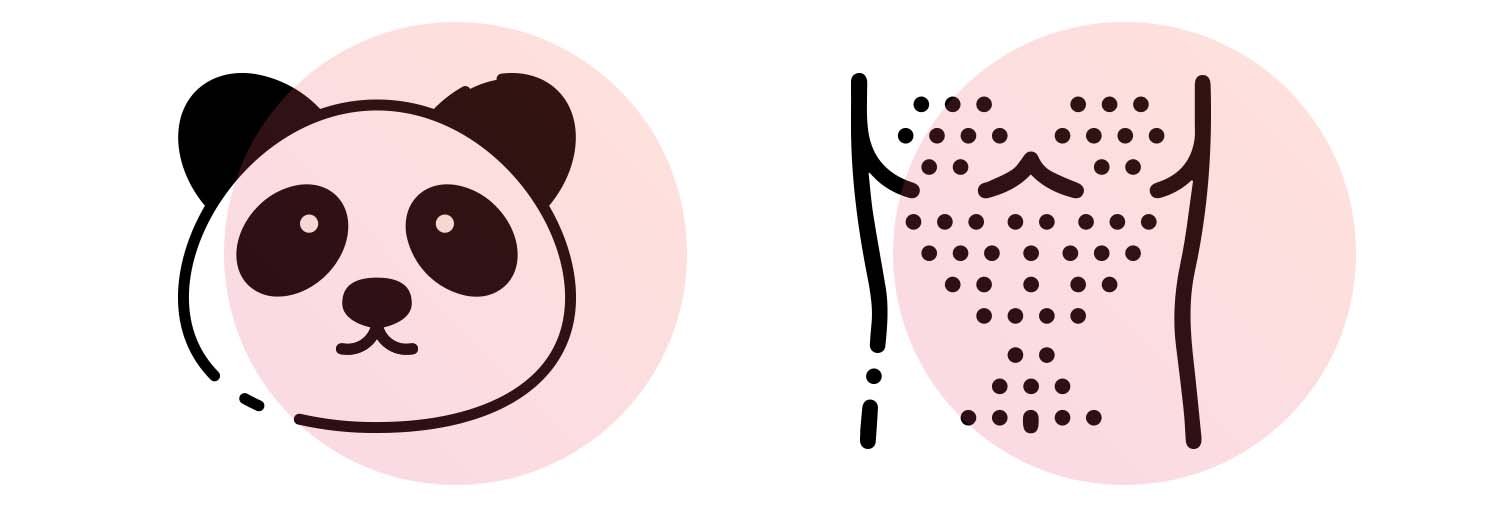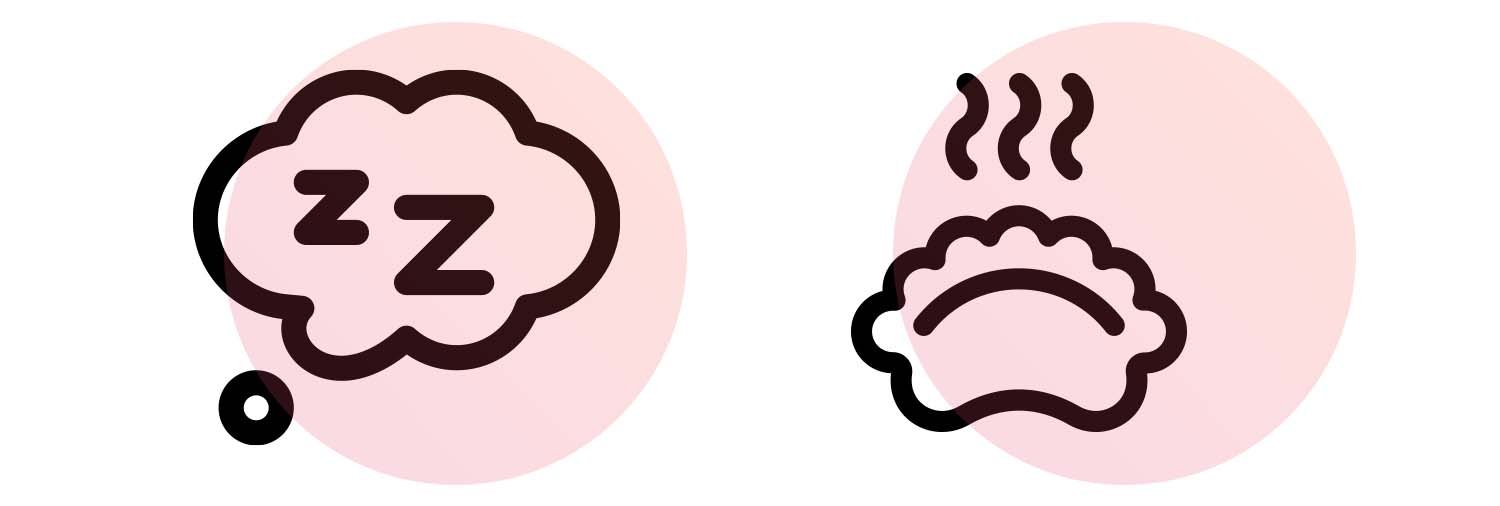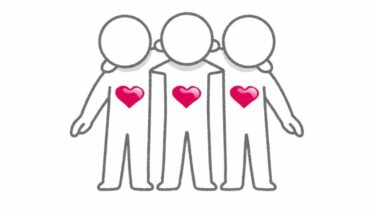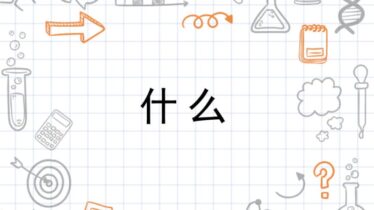Chinese language tones
As we know that Chinese tones are difficult for foreign Chinese language learners. Not only because speaking with the correct Chinese tones, but also it is absolutely necessary to be understood when you talk to a native speaker. But learning tones don’t have to be a tiresome struggle!
Chinese language tones
There are only four tones, but it’s one of the hardest parts of the Chinese language. How can we pronounce first, second, third, and fourth?
- The first tone must be very high and flat. We can just imagine like you’re thinking very hard: “Hmmmmmmm”
- The second one is like when you have a question: “Mmmh?”
- The third one is like when you have some doubt: “Really?” Hmmmhh?”
- The fourth one is when you have answer: “Ah!”
Tones change the meaning of a word
There are some examples to help you have a little fun while working on your Chinese language tones. Each example illustrates how using the wrong tone can totally change your meaning, and lead to some big misunderstandings.
Asking or kissing?
Imagine this: You want to ask your colleague a question, and you said: “我想吻你一下。”(Wǒ xiǎng wěn nǐ yíxià.–I want to kiss you. )instead of “我想问你一下。”(Wǒ xiǎng wèn nǐ yíxià.–I want to ask you. )How big a problem it could be!And you can see how just a simple slip of your tones can get you in trouble!
Here, If you’re not confident about your tone, you can add “问题 (wèntí-question) after “问(wèn – to ask)” to make sure people understand you. But of course, the right way it is to practice again and again with your teacher or by yourself.
Eyes or Glasses?
We’re sure that every single Chinese language student studying Mandarin has had a moment where they get confused about the correct tones for (yǎnjīng 眼睛 and 眼镜yǎnjìng).
Once our student student told me:
- 老师,我没有眼睛,看不清楚。
- Lǎoshī, wǒ méiyǒu yǎnjīng, kàn bu qīngchǔ.
- I have no eyes, can’t see clearly.
Instead of:
- 老师,我没有眼镜,看不清楚。
- Lǎoshī, wǒ méiyǒu yǎnjìng, kàn bu qīngchǔ.
- I don’t have glasses, so I can’t see clearly.
Imagine if you were a Chinese teacher. What would your reaction be? I hope this example will let you never forget the right tones and help you to avoid this kind of “horrors”.
Panda or Chest hair?
Look at these two illustrations, how different they are! But in Chinese, if you don’t watch your tones, they sound the same! Let us imagine, After a trip to Sichuan, you want to show your colleague the photo of panda (xióngmāo 熊猫), and then you say Chest hair (胸毛xiōngmáo)! What would your coworkers think of you!?
Sleep or dumplings?
In a restaurant, you can tell the waiter that you want to sleep, or that you want dumplings? They sound similar, but the tones are different (we wrote a Chinese listening practice story about this: Good medicine for insomnia):
- shuǐ jiǎo (dumplings)
- shuì jiào (sleep)
So you see one Chinese word can describe your different feelings with a different tone. In the end, we hope these examples will help you remember the correct tone so you don’t make these mistakes yourself! And if you’re serious about mastering these sounds, you can join our Chinese beginning lessons and we are sure that you really can learn to pronounce Chinese like a native speaker with us.
When Chinese tones change
Two third-tones
When speaking the Chinese language, sometimes in pinyin the letters show two consecutive third-tones, but when actually speaking them, we will change the first one to the second tone. The most common example is 你好, from which the pinyin is “Nǐhǎo”, but we will actually say “Níhǎo”.
The same for the following examples. The first third-tone actually becomes the second tone upon pronunciation:
- 美好 měihǎo
- 理想 lǐxiǎng
- 勇敢 yǒnggǎn
- 永远 yǒngyuǎn
- 友好 yǒuhǎo
Tone changes for “one”
一Yī is normally pronounced in the first tone, but there are some changes.
- If 一Yī is followed by the fourth tone, 一Yī is changed to the second tone Yí. Examples are: 一样、一下子、一位、一次.
- If 一Yī is followed by the first and third tone, then 一Yī is changed to the fourth tone Ydì. Examples are: 大吃一惊、一般、一年、一门、一口、一起、一种
- If 一Yī is inside a try example, between two verbs, it becomes a neutral tone. Examples: 试一试、想一想、看一看
Tone changes for “not”
Also the Chinese language tones change for 不Bù.
- The tones of 不Bù don’t change when it precedes the first, second, or third tone. Examples: 不高、不知道、不习惯、不少、不好、不满意
- Yet 不Bù changes from the fourth tone to the second tone Bú when it precedes a fourth-tone. Examples: 不要、不错、不是、不再、不认识
- 不Bù is changed to a neutral tone (like 一Yī) when it’s in the middle of a verb construction. Examples are: 起不来、差不多、等不及、能不能、会不会、贵不贵
Tone changes for “what”
Depending on the context, the tone of “啊a” changes. 啊a seems like a pointless filler word, but in spoken Chinese language it’s extremely frequently used! It’s for when you’re angry, excited or questioning.
- Second tone, when you have the question. Examples:
- 啊?你怎么回来了?
- 啊?这种话是他说出来的?
- 啊?这可怎么办呢?
- 啊?让他去合适吗?
- Fourth tone, when you feel enjoyable or excited about something. Very emotional. Examples:
- 啊!今晚的月色真美啊!
- 啊!这也太好吃了吧!

